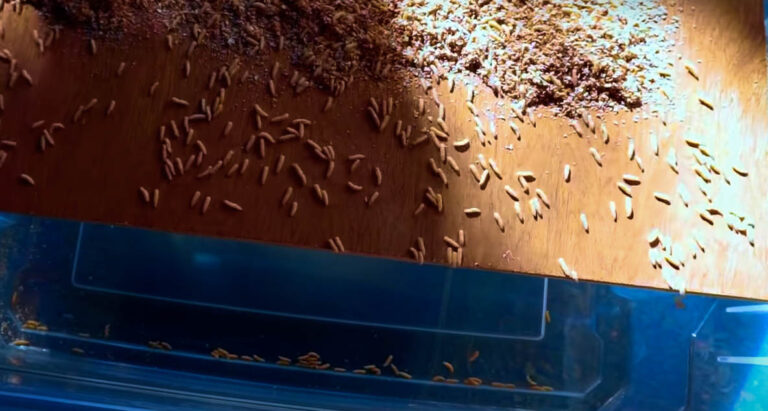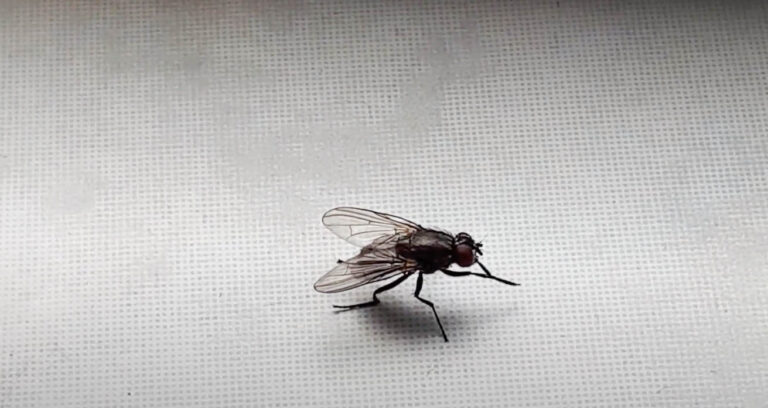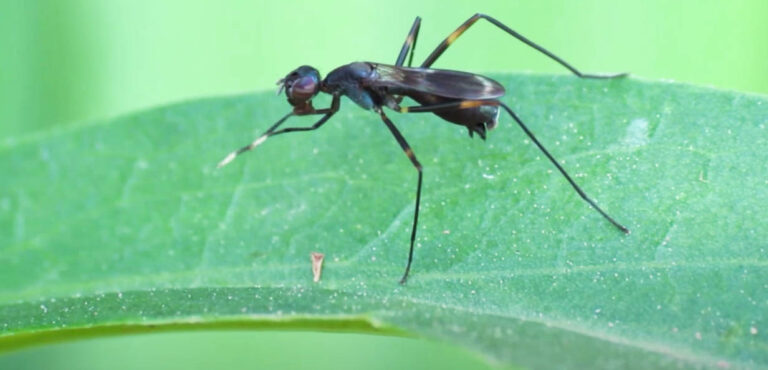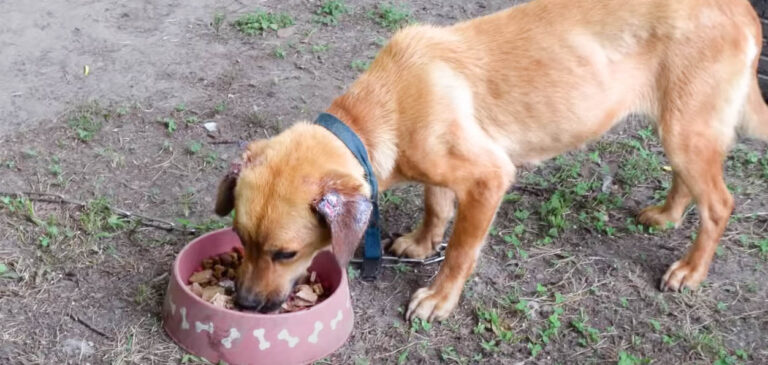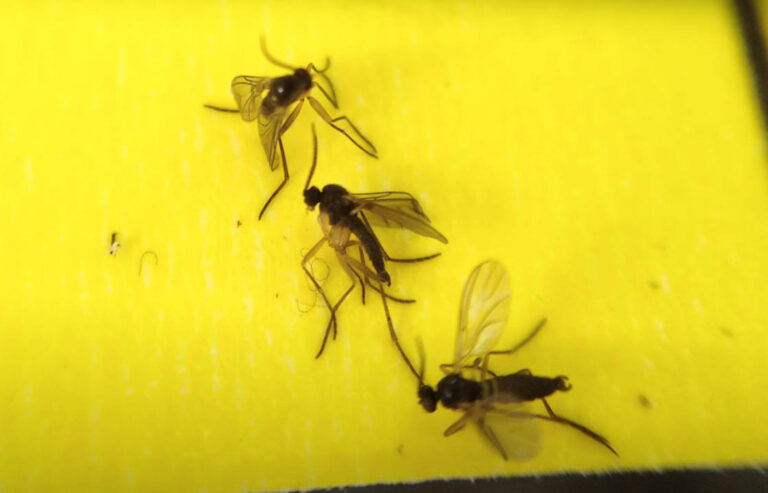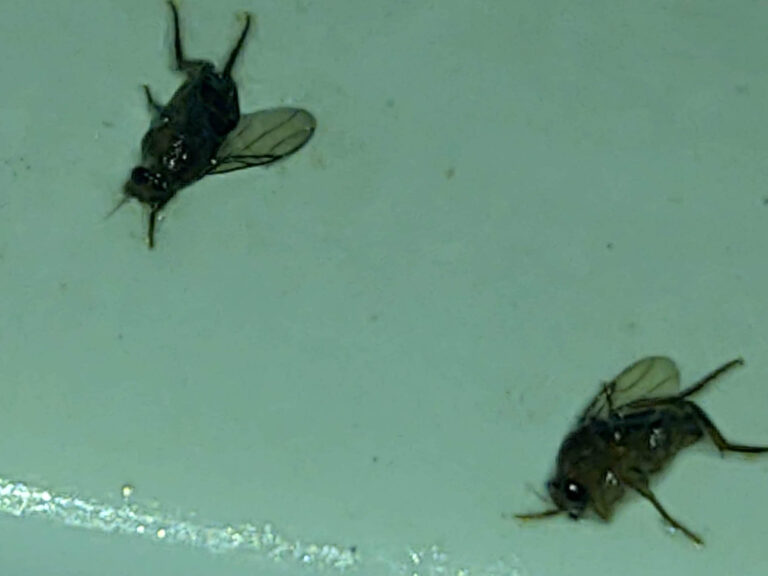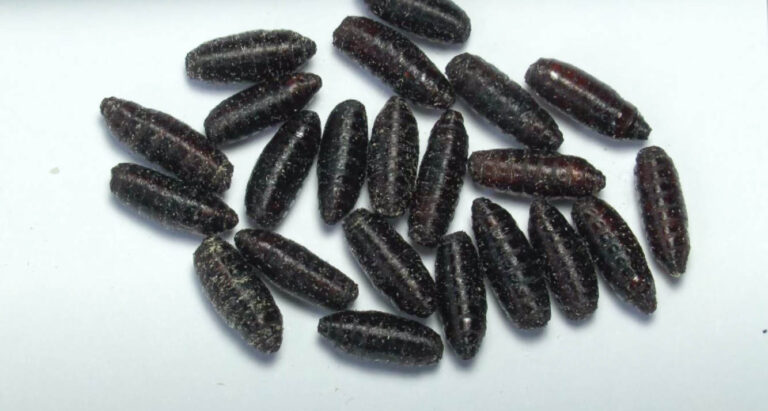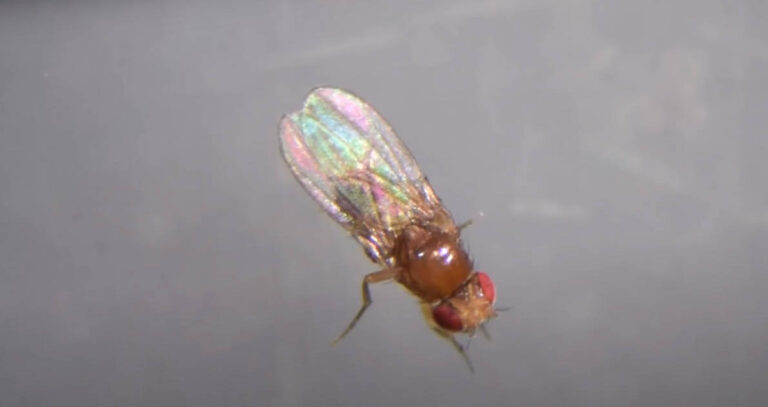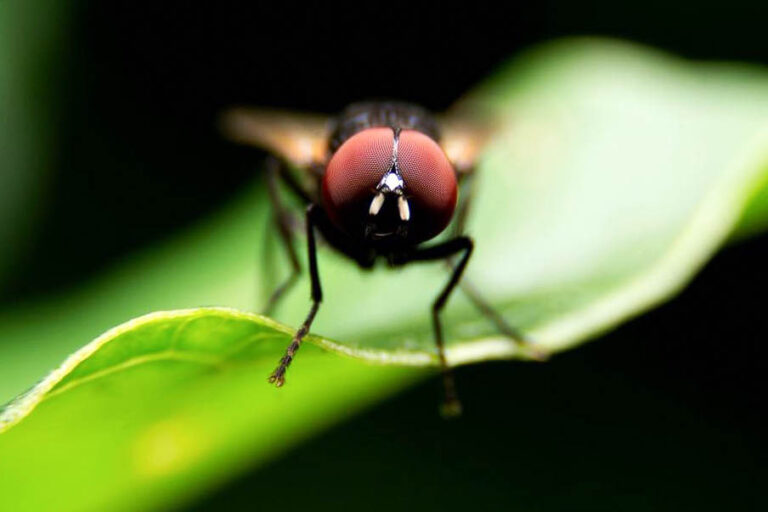What diseases do flies spread?
What diseases do flies spread?
The common fly lives near people located all around the world. The flies make a meal off of food prepared by humans as well as waste. They seem to thrive when the weather is warm and can spread infections from one fly to another and from fly to human or animal. When a fly has the opportunity to be anywhere in the world, the list of diseases that they can spread then becomes an issue. Flies are not enjoyable to be around at all. They are consistently invading your home and every room in your home searching for food of some type. It could be a rotted piece of fruit or cat feces that has not been picked up yet. They even target the trash can in the kitchen because the trash can is piled up with layers of different smells that can generate in the air and attract the fly.
They may also land on your food while you are eating it or while you got up to get something and returned. They may circle around your head while you are asleep or in the baby’s room where dirty diapers are changed. The diet of a fly consists of feces, rotting fruit, spoiled meats, rotting produce, and any other foods that may have a strong odor. When they land, they could possibly contaminate the area that they landed on in a matter of seconds, leaving bacteria through the vomit or feces.
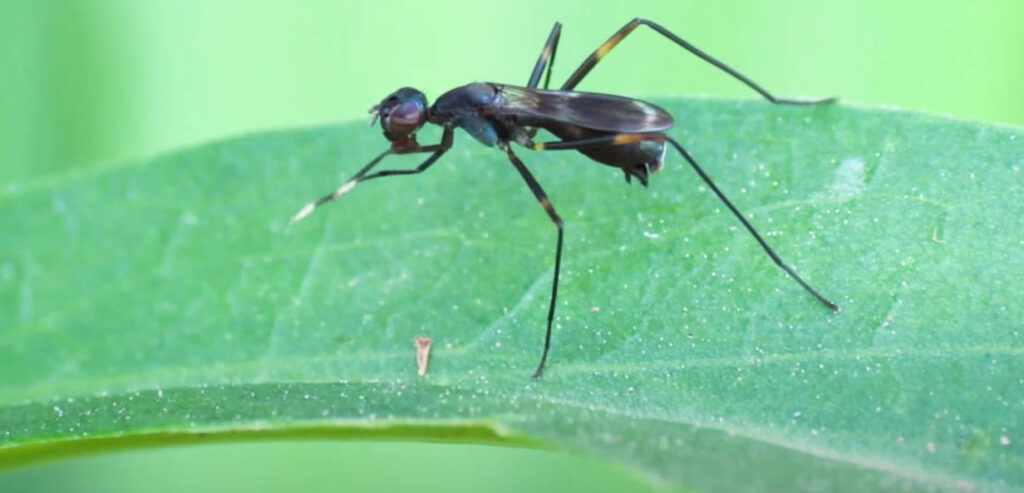
What if a fly lands on your food?
If a fly lands on your food, your food is no longer safe to eat and here’s why. Immediately after landing on your food, the fly has started vomiting and defecating all over it because that is how they break down your food in order for them to eat it. Contained within that fluid that is coming out of both ends is possible diseases that could make you very sick. Not to mention, the legs on a fly are filled with pathogens that can be transferred from one food to another because they land on garbage as well as animal feces which contain live bacteria. In addition to all of that, if the fly that lands on your food is a female, she may want to lay her eggs when she lands in your food.
The longer a fly is allowed to stay on your food, the higher the chance that some forms of bacteria are being transferred. If a fly suddenly lands on your food and you are able to swat them away, chances are, your food is safe enough for you to eat because the fly didn’t have enough time to transfer bacteria.
Diseases carried by flies
Flies can transmit diseases and bacteria that cause diarrhea and food poisoning. They can also lay eggs of worms containing parasites in them.
A list of diseases they can carry include:
- Tuberculosis
- Cholera
- Typhoid
- Anthrax
- Salmonella
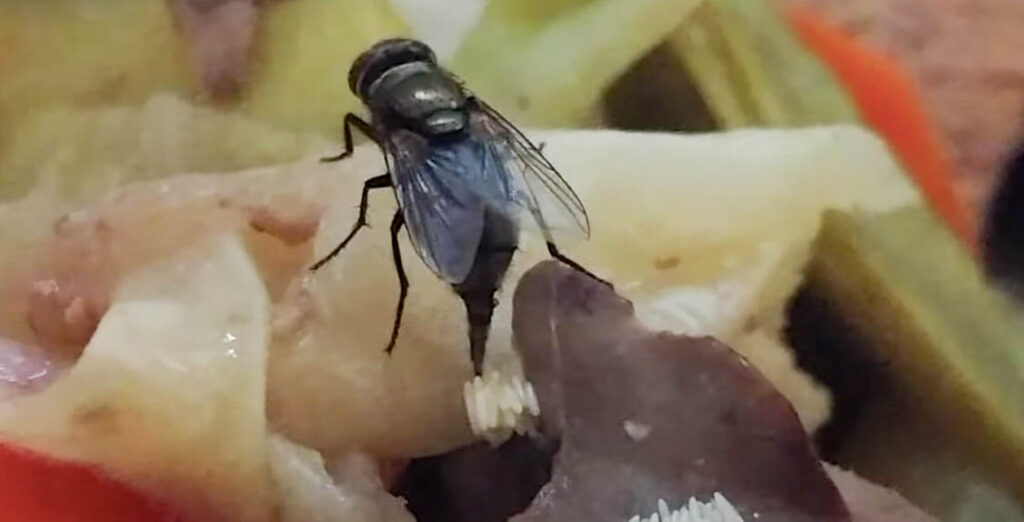
How to control the spread of diseases
It takes one fly to make your food unsafe so be consistent in keeping your doors and windows closed to prevent flies from coming in. Inside your home, be sure to keep the drains clean daily and never leave food particles in them. When you take the trash out, clean the trash can and the lid too. Keep your home clean and create a schedule that will have you tidying and cleaning one room a day so it won’t be overwhelming to you. If you eat fresh fruit in the house, be sure to place all peelings in a bag that you can close and seal before placing in the trash can inside the home. The same should be done for meats as well. You don’t want to give the flies a reason to stay indoors. Outside, you can help to control the spread of diseases by avoiding things that attract the flies, such as wet, moist, damp areas. If you have livestock or domestic animals outside, keep their pens, cages, or living quarters clean. Remove any feces away from the home and the barns at least once a week in the winter, twice a week in the spring and summer when flies tend to be out more.
If you find an infestation, you will want to purchase a chemical control to handle it effectively and quickly.

